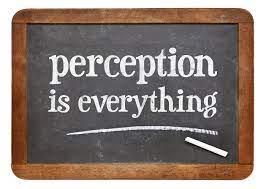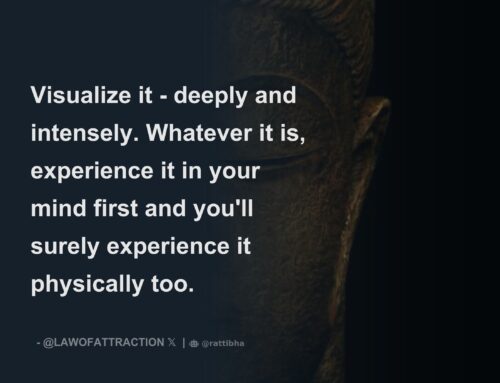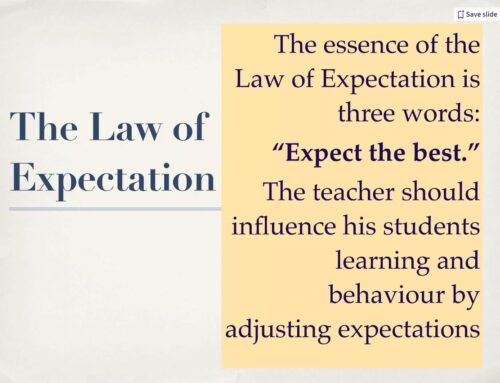In the vast expanse of human experience, there exists a powerful truth that often goes unnoticed: life is about perception. It isn’t inherently good or bad, fast or slow; rather, it’s the lens through which we view the world that shapes our reality. This concept, simple in its essence yet profound in its implications, suggests that by altering our perception, we can indeed change our lives.
The story of perception’s impact on our lives is as old as time, yet it remains as relevant today as ever. It serves as a reminder that our interpretation of events, more than the events themselves, determines our experience of life. This narrative is not about denying the existence of objective realities but about acknowledging the power we hold in framing those realities in our minds.
The Power of Perception
 Perception acts as a filter through which we interpret the world around us. It colors our experiences, influences our decisions, and shapes our responses to the challenges and opportunities we encounter. The fascinating aspect of perception is its inherent subjectivity—what appears daunting to one person may seem trivial to another; what brings joy to some may bring indifference to others.
Perception acts as a filter through which we interpret the world around us. It colors our experiences, influences our decisions, and shapes our responses to the challenges and opportunities we encounter. The fascinating aspect of perception is its inherent subjectivity—what appears daunting to one person may seem trivial to another; what brings joy to some may bring indifference to others.
This subjectivity is not a flaw but a feature of the human condition, offering each of us the opportunity to craft our unique narratives based on how we choose to perceive our surroundings. Understanding that life is about perception empowers us to take control of our stories, to find beauty in the mundane, and to derive strength from adversity.
Changing Perception to Change Life
The principle that changing our perception can transform our lives is not merely philosophical but practical. It’s about recognizing that our thoughts and attitudes toward our experiences have a tangible effect on our wellbeing and success. This doesn’t imply that we should ignore reality or adopt an overly simplistic positive thinking approach. Instead, it’s about adopting a more balanced, nuanced view of our circumstances, seeking out the silver linings without dismissing the clouds.
Consider the realm of personal development, where the idea of perception as reality is both a challenge and a solution. Those who perceive obstacles as insurmountable barriers may find themselves paralyzed by fear or frustration. Conversely, individuals who view the same obstacles as opportunities for growth and learning are more likely to approach them with resilience and creativity.
A Personal Anecdote: Perception in Practice
A vivid illustration of the power of perception unfolded in my own life, centered around my son’s mental game in baseball. As a dedicated parent, I’ve been keen on nurturing not just his physical skills but also his mental acuity. He’s a talented player, but I believe that a sharp mind is just as crucial as physical prowess in sports.
After a recent practice session, I remarked to my son that his coach was throwing the ball exceptionally fast. To my surprise, he disagreed, saying, “No, dad—coach is actually throwing easy batting practice.” This moment of discrepancy was enlightening. I had perceived the pitches as fast, perhaps a reflection of my own apprehensions or expectations. Meanwhile, my son, through the lens of his experience and confidence, saw them as slow, manageable.
This simple exchange highlighted a profound lesson: our reality is deeply influenced by our perception. The same event, observed by two different individuals, can be interpreted in vastly different ways. It underscored the importance of fostering a mindset that sees challenges not as threats but as opportunities for growth and mastery.
Application Beyond Baseball
The lesson from the baseball field extends far beyond sports. It applies to every facet of our lives, from personal relationships to professional endeavors. By consciously choosing how we perceive our circumstances, we can navigate life with greater agility and optimism.
Embracing the idea that life is about perception encourages us to question our default interpretations of events and to consider alternative viewpoints. It invites us to cultivate a mindset that values growth, resilience, and openness, recognizing that every experience, whether perceived as positive or negative, contributes to our development.
Conclusion: The Choice is Yours
Ultimately, the realization that life is about perception offers a liberating perspective. It reminds us that, while we may not have control over every aspect of our lives, we do have control over how we choose to view and respond to our experiences. This shift in perception is not about denying reality but about enhancing our engagement with it, enabling us to lead richer, more fulfilling lives.
The story of my son and his baseball practice serves as a microcosm of this larger truth. It’s a testament to the fact that by changing our perception, we indeed have the power to change our lives. As we navigate the complexities of existence, let us remember that it’s all about how we look at it. In the grand scheme of things, perception is not just a part of life—it is life.



